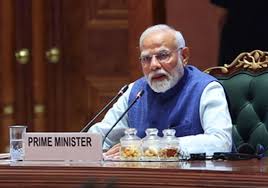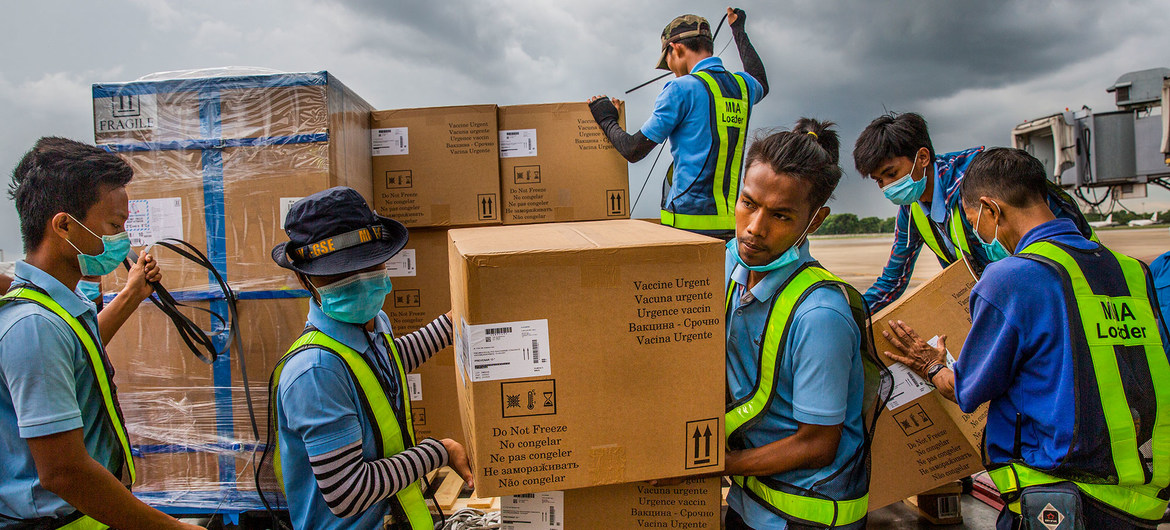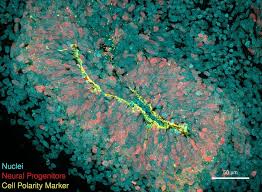In the first 100 days of its third term, the Narendra Modi-led government has taken significant steps to boost India’s healthcare sector, rolling out a series of reforms aimed at enhancing medical education and providing better health coverage to vulnerable sections of society.
One of the major initiatives introduced is the provision of health insurance to all senior citizens aged 70 and above. Under the Ayushman Bharat Pradhan Mantri Jan Arogya Yojana (AB PM-JAY), over 6 crore senior citizens are set to benefit from a health cover of ₹5 lakh, regardless of their income. This scheme aims to cover around 4.5 crore families across the country. As India’s elderly population is projected to double by 2050, this move addresses the growing demand for geriatric care, providing a much-needed safety net for the aging population.
In his Independence Day address, Prime Minister Modi announced plans to increase the number of medical seats in the country by 75,000 over the next five years, bringing the total to over 1.75 lakh. This expansion of medical education will not only make healthcare services more accessible but also reduce India’s reliance on foreign medical institutions for training healthcare professionals. This initiative aligns with the government’s broader vision of “Swasth Bharat” (Healthy India) for “Viksit Bharat 2047,” setting a foundation for a healthier and more prosperous nation.
The government has also launched the Rashtriya Poshan Mission, a flagship programme under the Ministry of Women and Child Development (WCD). The mission aims to improve the nutritional status of children, pregnant women, lactating mothers, and adolescent girls, addressing malnutrition and promoting holistic development.
In addition to addressing healthcare needs, the government is modernizing health infrastructure. The U-WIN portal has been introduced to digitize routine immunization processes, making vaccinations more accessible and efficient. Simultaneously, the National Medical Commission is working on developing a centralised repository of doctors to streamline healthcare services across the country.
To address the pressing issue of sickle cell disease, particularly in tribal communities, a dedicated campaign has been launched to raise awareness about this genetic blood disorder, especially targeting women and adolescent girls.
In the 2024-25 Union Budget, several financial measures were introduced to reduce the burden of cancer treatment. Customs duties on life-saving cancer drugs like Trastuzumab Deruxtecan, Osimertinib, and Durvalumab have been exempted, significantly lowering treatment costs for cancer patients. Additionally, the GST rate on these drugs has been slashed from 12% to 5%, ensuring more affordable access to essential cancer medications.
The government also announced the PM E-DRIVE scheme, a ₹10,900 crore initiative to roll out electric ambulance services across the country, aiming to improve emergency medical care while promoting sustainable transportation.
In the digital healthcare space, the government has introduced the ‘Scan and Share’ feature under the Ayushman Bharat Health Account (ABHA). This digital initiative will streamline outpatient registration for over 4 crore patients, reducing waiting times and enhancing the efficiency of healthcare delivery.
These reforms mark a promising start to the Modi government’s third term, reflecting its commitment to improving healthcare infrastructure, accessibility, and affordability. With a clear focus on enhancing medical education, addressing the healthcare needs of the elderly, and embracing digital solutions, the government is laying the groundwork for a healthier India, in line with its ambitious vision for 2047.











